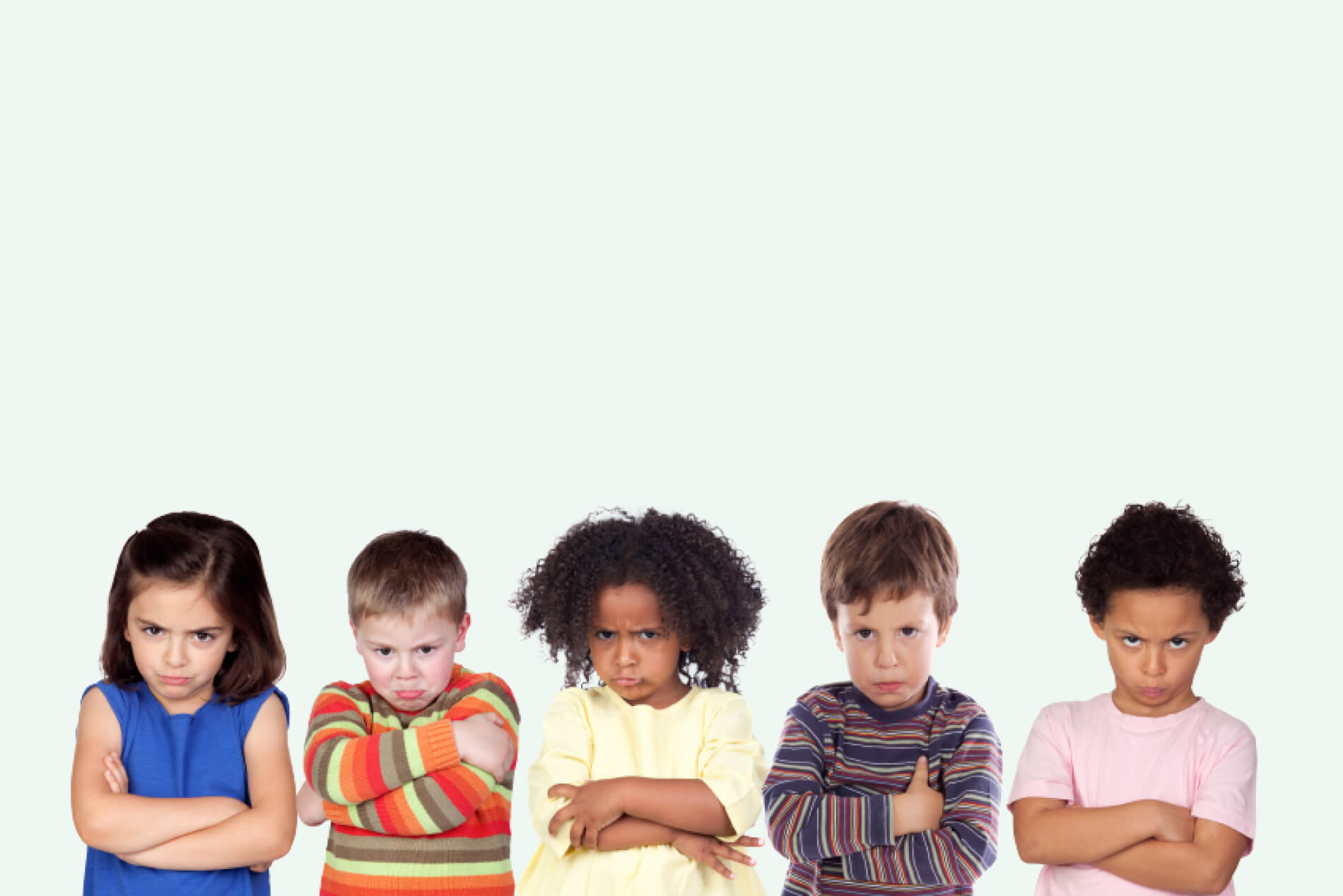
My child frequently gets angry. What to do?
Anger is one of the basic emotions. Young children act impulsively - as soon as an emotion appears in them, they immediately show it. This is perfectly normal. However, when there is too much aggressive behavior, parents are worried. Which is also perfectly normal.
Below you will find some explanations of what a child's anger could mean.
Check what can be going on inside your child when they are angry:
‘Something went wrong and that's why I'm angry’,
‘My parents or loved ones are angry, so am I’,
‘I can't deal with emotions, anger is their outlet’
‘I am afraid, I am very stressed, I have a lot of tension’
‘I can't cope, this situation has outgrown me’
‘Someone's behavior upset or hurt me’
‘Nobody recognized what I need’
So what if your child gets angry?
As you can see, it is important to recognize the cause of child’s anger. So let's try to find and name the cause of anger together with the child.
Sometimes it is difficult for parents to accept that their children are angry. But it's as if they can't accept the fact that they, being adults, also get angry. Anger is just an emotion, and it's perfectly normal to arise. Parent accompanying the child in all emotions shows that each emotion is normal and momentary.
An exemplary dialogue between a parent and a child about anger
A child threw blocks because they failed to arrange the building.
Parent: Honey, I can see that you are angry.
Child: Grrrrr (growls)
Parent: I think you got angry because your building failed.
Child: Yes, I won't build it any more.
Parent: It's perfectly normal to feel angry when things go wrong. You will build it when you have the strength for it again.
In this dialogue, the parent shows that he understands child's anger and at the same time shows faith in their child’s ability to deal with anger.
Why are parents afraid of their children's anger?
Because then they feel angry that the child is angry and are afraid of their own anger - excessive outburst in front of the child. The second reason may be that when they were children, adults did not allow them to get angry, which made anger to be perceived by them as not good, bad, naughty.




